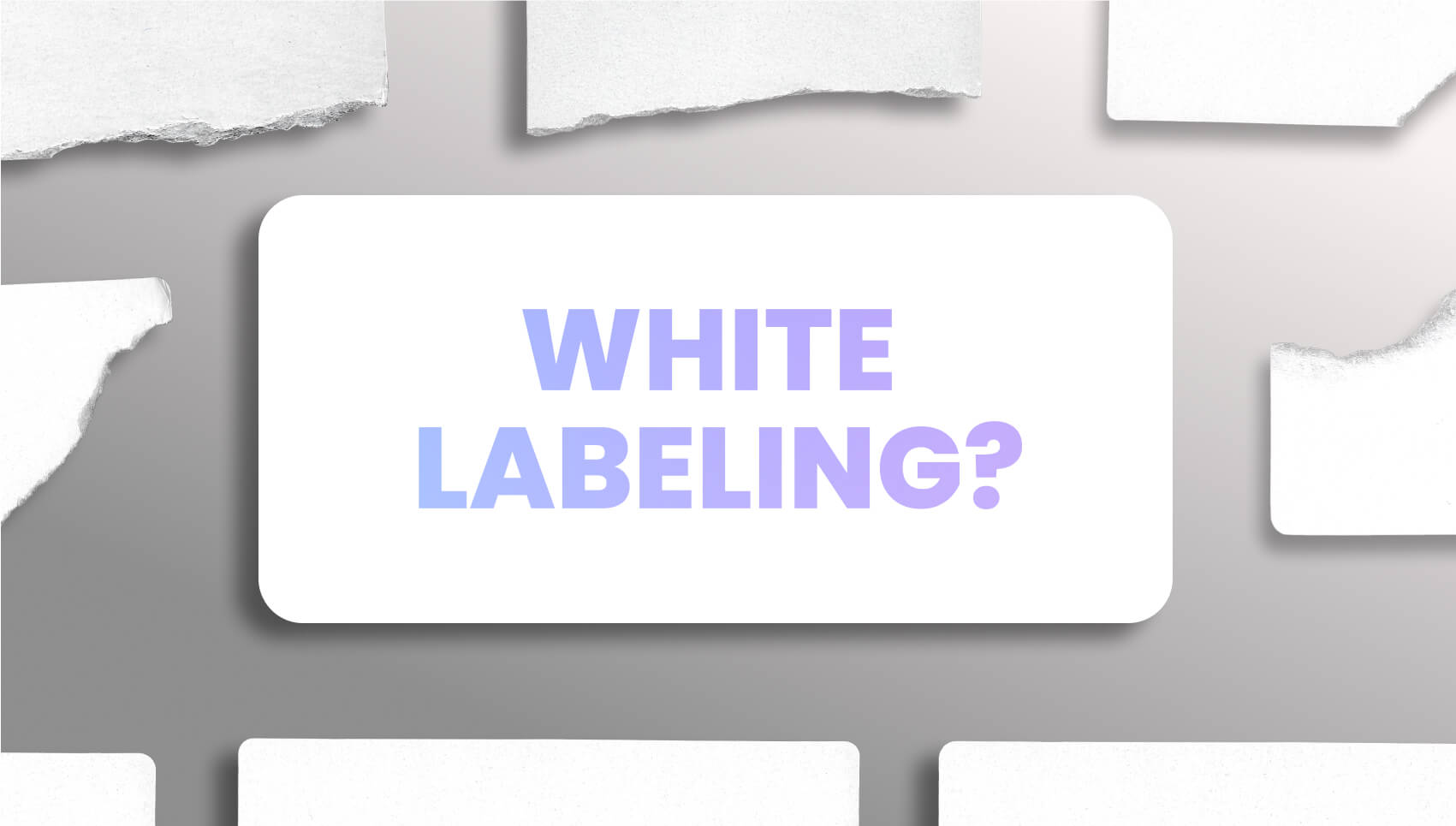
Many retailers sell white label products with their logo and branding but outsource production to third parties. This white label model enables businesses to build a valuable brand while outsourcing production headaches. It is used in many product categories and can be lucrative.
White labeling means purchasing a product from another company but rebranding it as yours. The rebranding makes the product appear like your company manufactured it.
People often mistake white labeling for private labeling, but they aren’t the same. White labeling involves rebranding a mass-produced product, while private labeling involves branding a product manufactured exclusively for your company.
Suppose you want to sell hand sanitizers. You can customize a generic hand sanitizer with your brand’s name and logo. Other companies have access to the same sanitizer and can rebrand it like you did.
However, if you hire a chemical company to make a hand sanitizer according to your specifications, this is private labeling. Only you can sell this custom sanitizer, unlike in white labeling, where competitors can sell the same products you do.
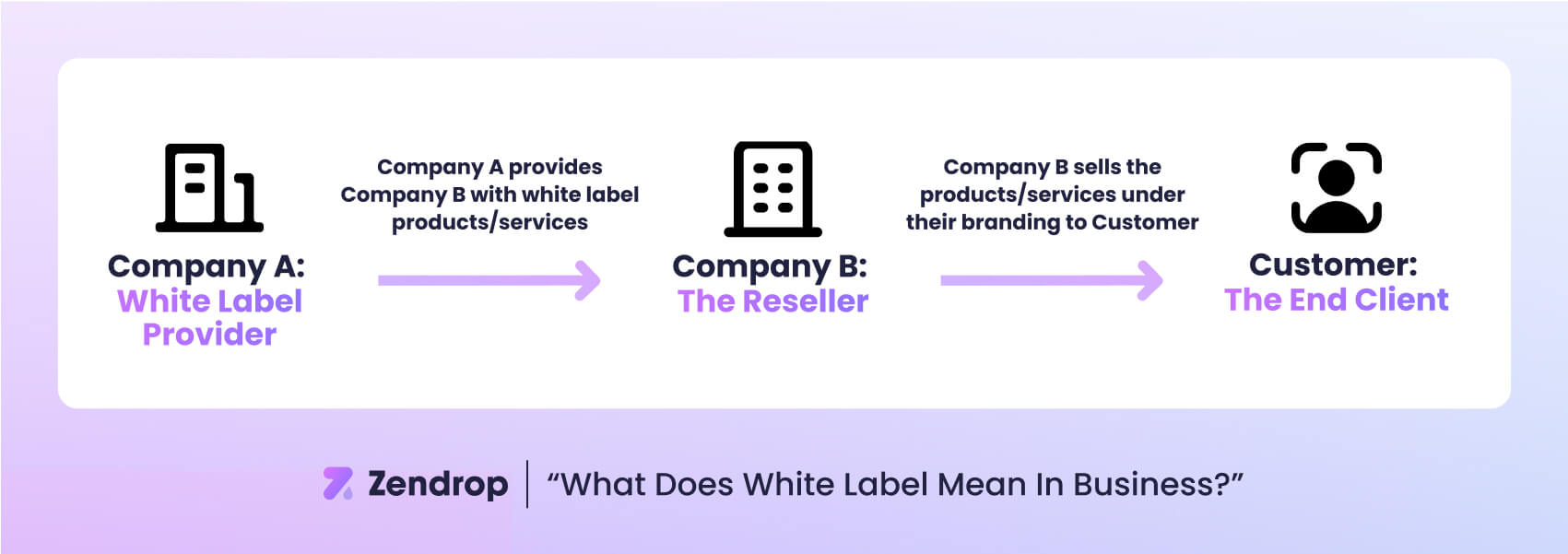
White labeling starts with finding a suitable supplier for the product you want to sell. Many companies specialize in white label services, so you can easily find a supplier for any product.
Zendrop is an excellent example of a white label supplier. Our platform offers the best white label products you can sell with a custom logo and packaging. These range from fashion items to jewelry, accessories, fitness equipment, and home decor items.
White labeling lets companies reduce the time required to create new products. Rather than reinventing the wheel, you can buy a generic product and sell it with a custom logo and packaging.
You'll reduce product development costs and increase profit margins with white labeling. This business model also makes diversifying your store’s product selection easier.
Many businesses in different industries use white label products. These products enable companies to diversify their offerings quickly and reduce manufacturing costs. White labeling is prevalent in niches where production is costly and complex, spurring companies to outsource it to third parties.
Major retailers like Walmart and Kroger sell white label products in their stores. Kroger sells the Smart Way brand of household products, and Walmart sells the Great Value brand of food products.
These retailers have built massive brand appeal, which encourages consumers to patronize their products.
What are white label products? Walmart’s Great Value brand is a great example.
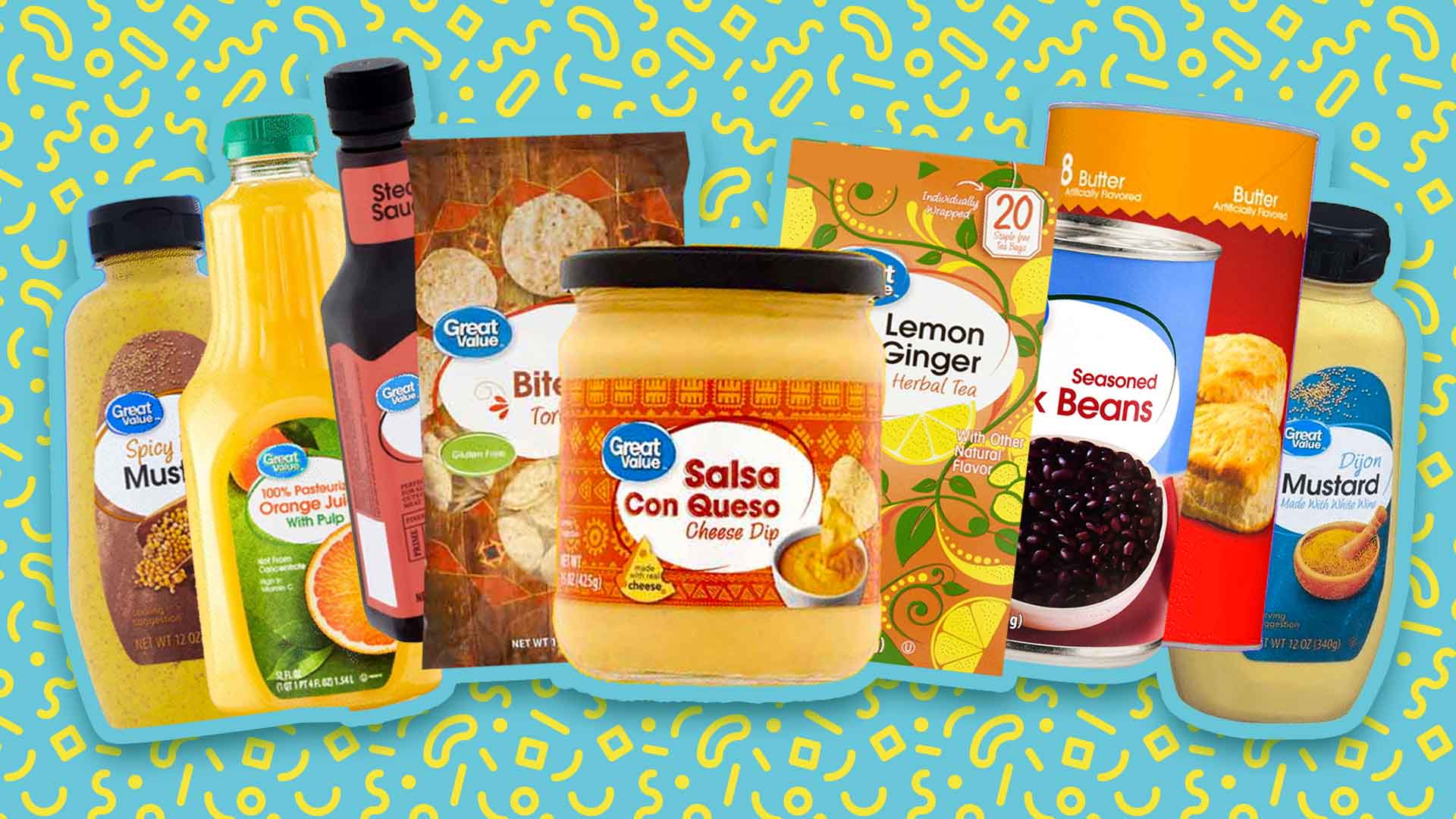
Source: Sporked
Beauty brands often source products from third-party manufacturers, then rebrand and sell them at high margins.
For example, Kylie Cosmetics is a successful white label brand owned by media personality Kylie Jenner. It brings in over $100 million in annual sales, dominating other rivals that source products from the same manufacturers. This success demonstrates that branding is key in the skincare and beauty industry.
Kylie Cosmetics is a successful white label brand that dominates its niche.
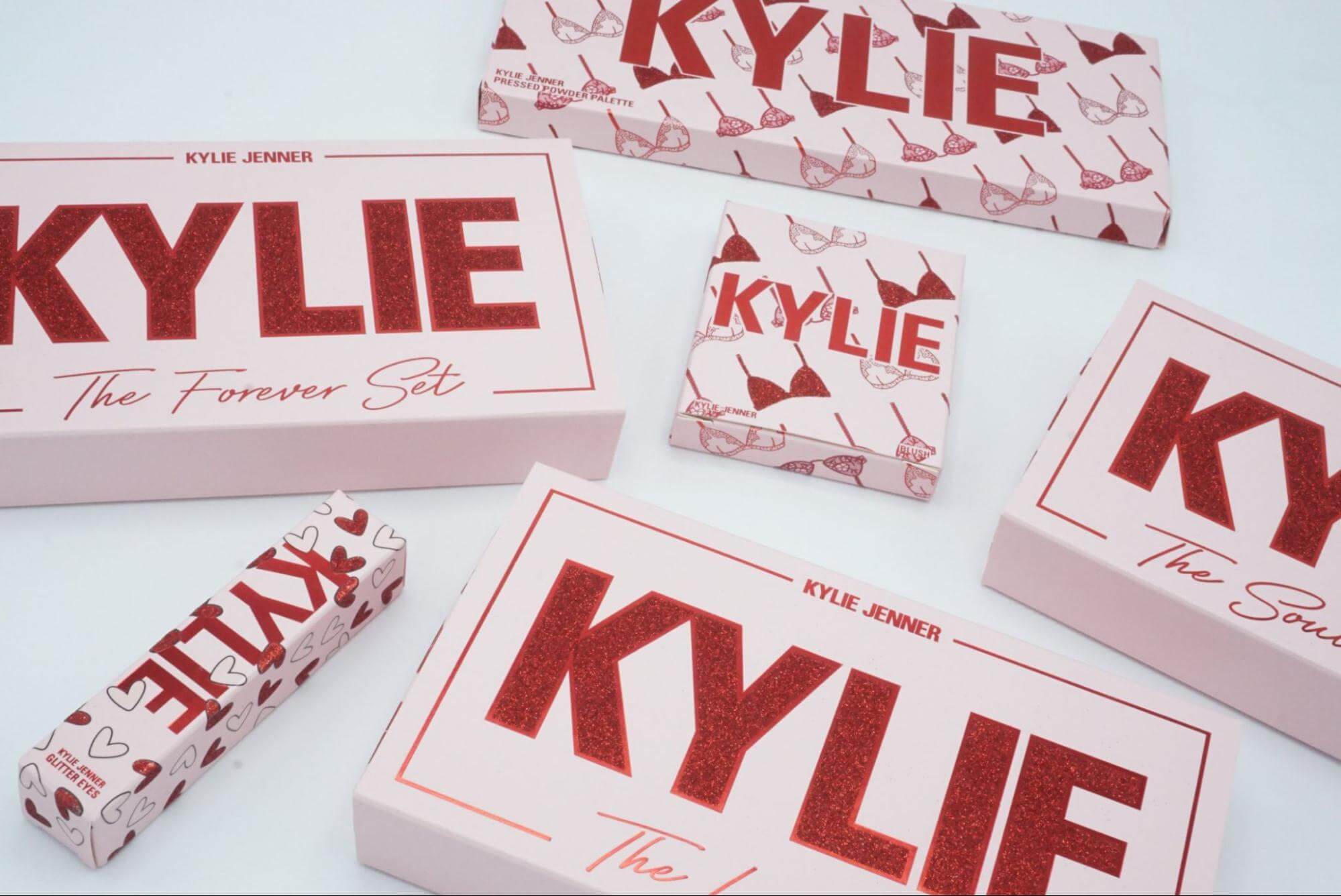
Source: Kylie Cosmetics
Companies often license software, then rebrand and sell it at higher prices. For example, some online brokerages use white label software to let customers buy and sell stocks. They get considerable revenue by charging trading fees and pay the white label platform only a fraction of that, ensuring high profits.
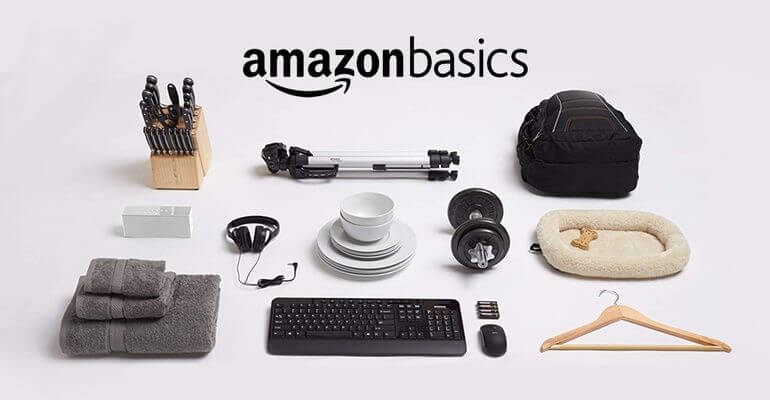
Source: ParseHub
Amazon is the world’s largest online retailer in terms of revenue. It sells the Amazon Basics brand of household products like kitchen utensils, fitness equipment, pet supplies, and home decor.
Amazon outsources manufacturing to third parties but sells items under its Amazon Basics white label brand. Amazon Basics has built a unique proposition as the go-to brand for affordable yet durable household products.
Many customers love Amazon Basics products because they're sold at lower prices than name-brand items yet have higher quality. It’s an excellent example of white labeling helping a brand dominate its industry.
What is a white label product? Dollar Shave Club illustrates it perfectly.
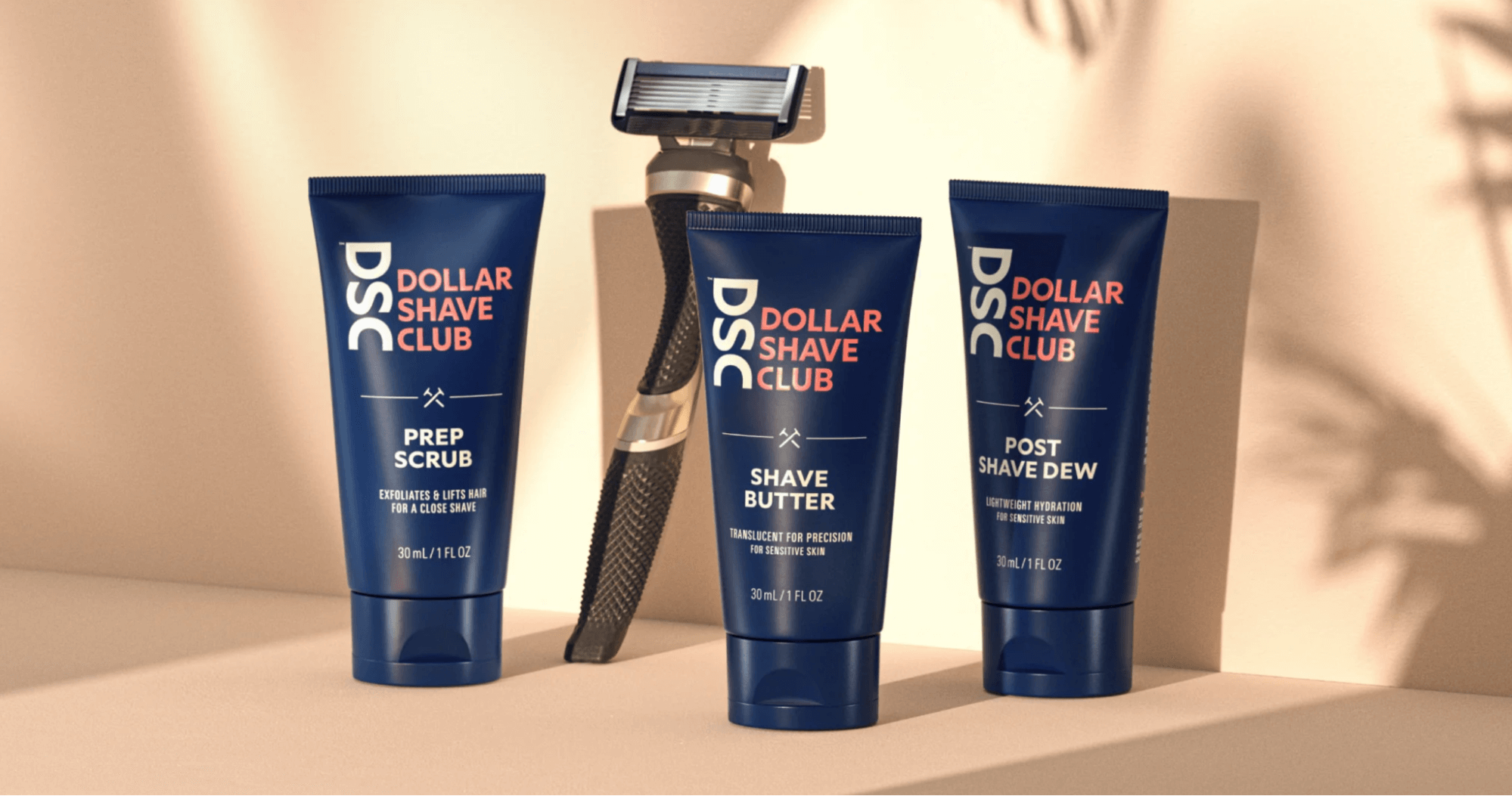
Source: Dollar Shave Club
Dollar Shave Club is a popular shaving kit brand that sold for $1 billion in 2016. It earned a fortune selling white label shaving kits while focusing primarily on promotion.
This company packages shaving products made by other companies and sells them under its brand name. It delivers shaving products monthly, earning recurring revenue from a loyal customer base.
Many copycats emerged but didn’t succeed as much as Dollar Shave Club despite selling the same products. Dollar Shave Club’s marketing, which centers on viral social media videos, makes it dominate competitors.
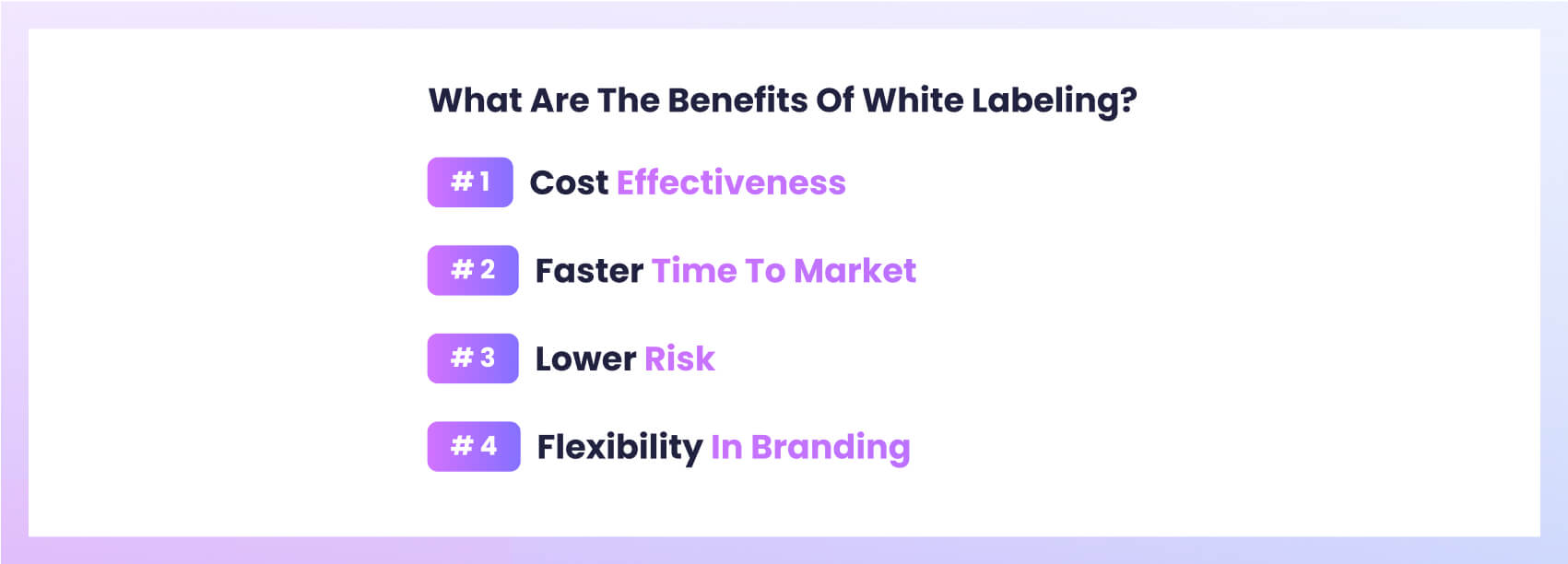
White labeling decreases production and marketing costs, which are significant for most companies. Suppose you want to add a new product to your lineup. You can sell a generic white label product rather than spend high sums on research and development for a new product.
White labeling makes it easy for companies to add new products to their lineup. This benefit is pronounced in industries with tough competition, wherein brands frequently add new products to outdo rivals.
Suppose you run an online fashion store. Fashion trends change rapidly, causing consumers to demand new items. Any store that doesn’t stock trending items will quickly go out of business, making this niche tough, but white labeling helps solve this problem.
Whenever a new fashion product trends, you can quickly find a white label supplier, customize the product, and add it to your store. Without white labeling, you’ll spend more time taking new products to market, giving competitors more space to dominate.
Retailers often spend substantial money developing new products but cannot recoup the costs because of low sales. White labeling reduces the risks of this adverse event occurring in your business. It lessens development costs, allowing you to add new products with low financial risks.
White label companies let you customize products extensively, increasing the chances of standing out in a competitive market.
Suppose you want to sell a white label body lotion. You can customize everything from the bottle color to the lid cap, logo, and pump mechanism. Extensive customization lets you build a distinct brand even when selling the same body lotion as your competitors.
White labeling has low entry barriers, leading to intense competition for new and established brands. Many brands use similar packaging and products, making it more challenging to stand out. Building a successful white labeling business amid this intense competition takes considerable effort.
Some white label manufacturers offer limited product customization options, making it more difficult to build a unique brand. For example, the manufacturer might let you customize the logo and text but not the packaging. This limited customization makes it challenging to stand out from competitors.
The key to overcoming this issue is choosing the right manufacturer that allows comprehensive customization. Zendrop lets entrepreneurs personalize high-quality products, boosting profits for white label brands.
Relying on a white label manufacturer gives you lesser control over product quality. Any mishap by the manufacturer reflects negatively on your brand, even when you’re not directly responsible.
Suppose you sell white label clothing, and the manufacturer makes a mistake when sizing the clothes. Customers might get frustrated and stop patronizing your brand. This risk is significant, but you can mitigate it by choosing trusted manufacturers with positive reviews. You can also first order products to evaluate their quality before listing them in your store.
| White labeling | Private labeling | |
| Best for | New brands looking to quickly expand their product lines and attract customers. | Established brands aiming to build an aura of exclusivity for their products. |
| Product control | Limited control over product characteristics (type, packaging, etc.). | Complete control over product characteristics (type, packaging, flavor, and colors). |
| Manufacturer’s role | Offers pre-made products with limited customization. | Delivers products tailored precisely to your specifications. |
| Financial requirements | Lower capital investment, making it suitable for small or growing brands. | High capital investment, making it best suited for large retailers and well-funded brands. |
| Recommended strategy | Start with white labeling to build a customer base before transitioning to private labeling | Use it to create unique product lines and build a solid brand reputation |
White labeling offers many benefits, mainly reducing the costs and risks of expanding into new product lines. The key to successful white labeling is choosing the right supplier with high-quality products and industry-standard shipping times. This way, you can give customers durable goods that they want more of.
Zendrop offers white labeling services for global retailers. Our platform unlocks access to diverse products you can customize and sell at high margins. Sign up for Zendrop Plus today and gain access to 1 million+ products. A 14-day free trial awaits you.
What does white label mean? The name originates from the white label placed on such products, which brands can personalize with their logo. It denotes a blank canvas that businesses can customize and sell a product as theirs.
Yes, white labeling is a legitimate business practice that helps companies boost profits. It’s also ethically okay when you source high-quality products from legitimate manufacturers. Trust and transparency are paramount, so you need a reliable manufacturer that won't disappoint your buyers.
Yes, white labeling is a profitable business model when done correctly. You can sell white label products for significantly higher than their cost price, earning lucrative profits.
However, profit depends on several factors, such as niche, product quality, and marketing strategies. There is no 100% guarantee of profit with white labeling.
Yes, services can be white labeled in various industries such as SEO and social media management. Some social media agencies offer services under their own brand but outsource the work to white label providers.
The first step is choosing the product you want to sell. Then, you'll find a reliable supplier, such as Zendrop. Afterward, customize the product and find sales channels, e.g., an online store. At this point, you can start promoting the product to win customers.
White label entails selling personalized products manufactured by a third party. In contrast, black labels denote high-end, exclusive products manufactured and branded by the same company.
